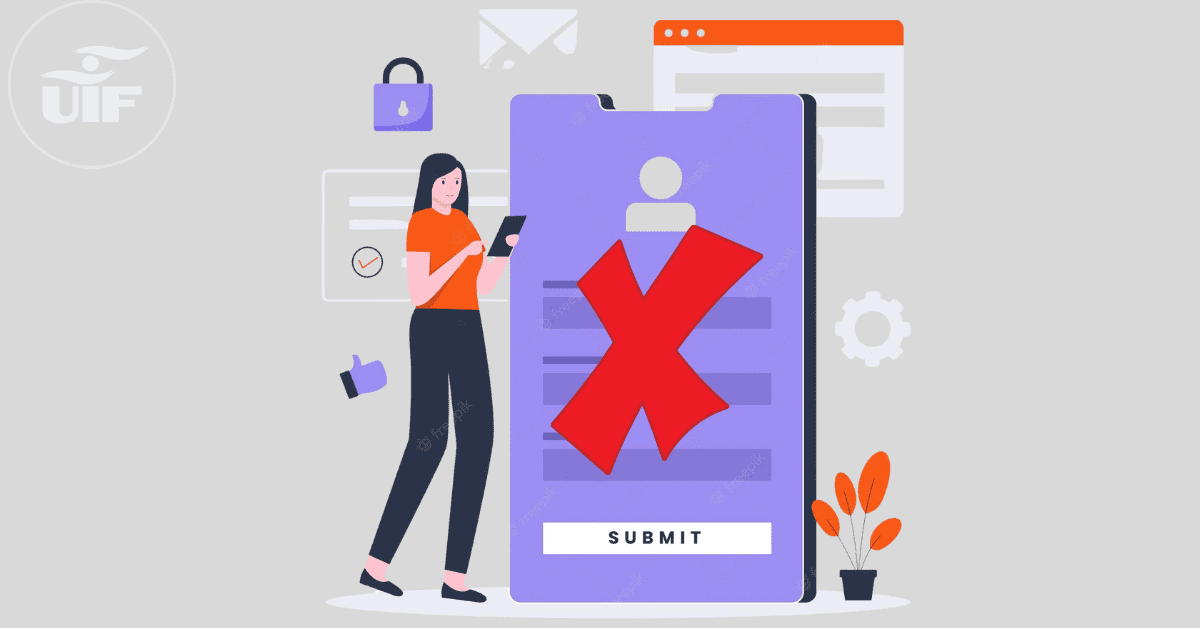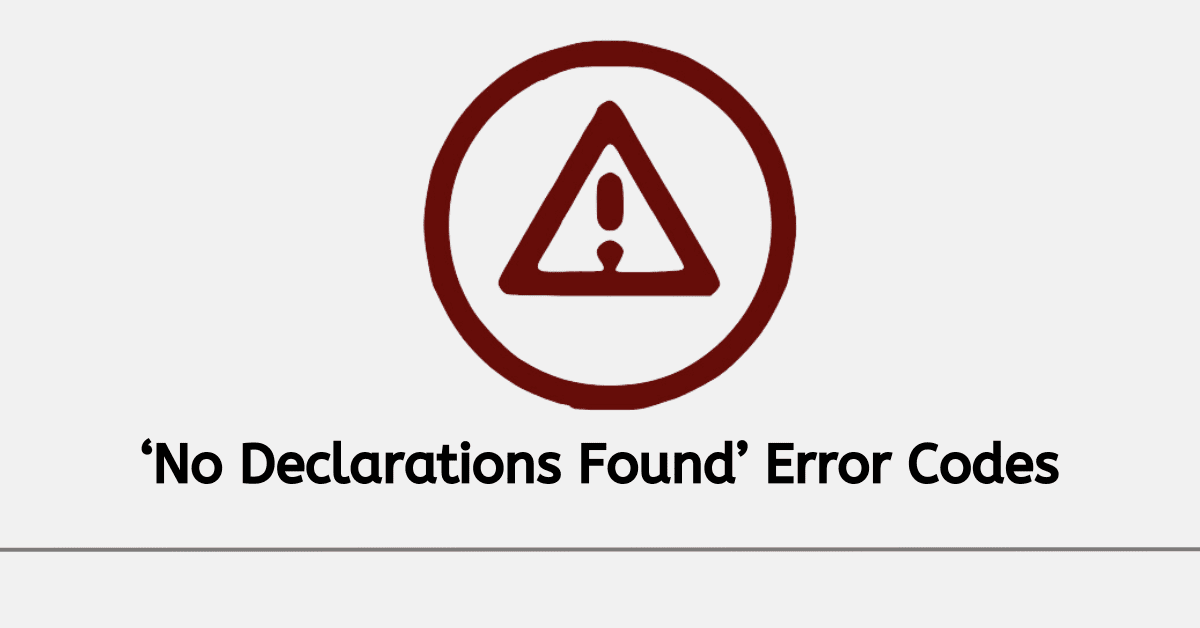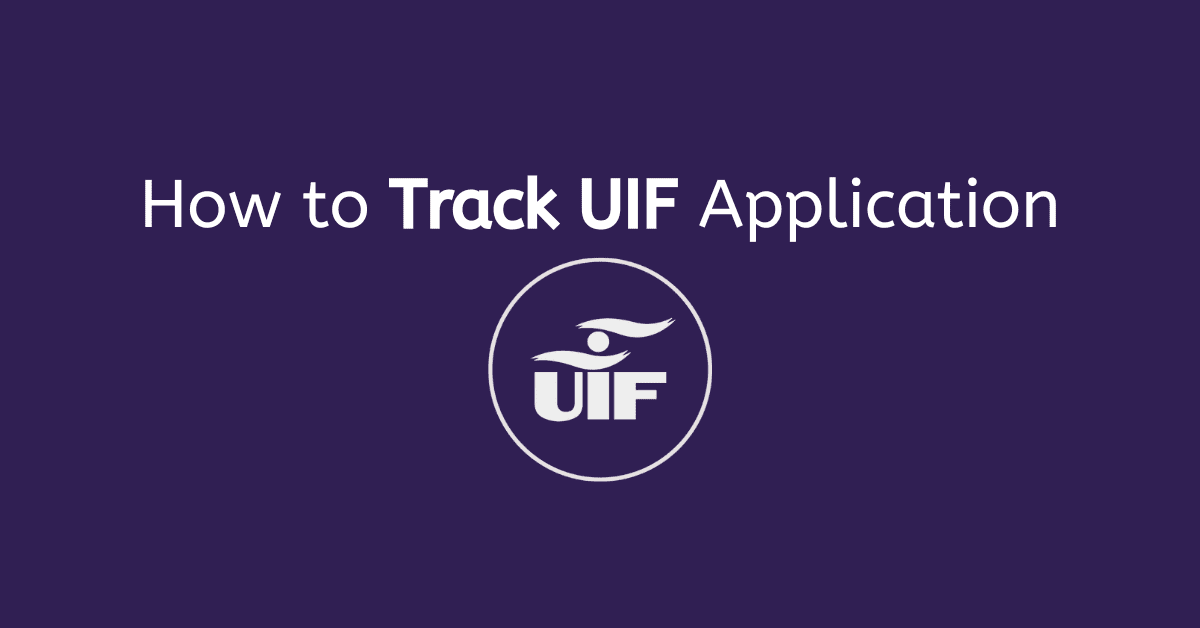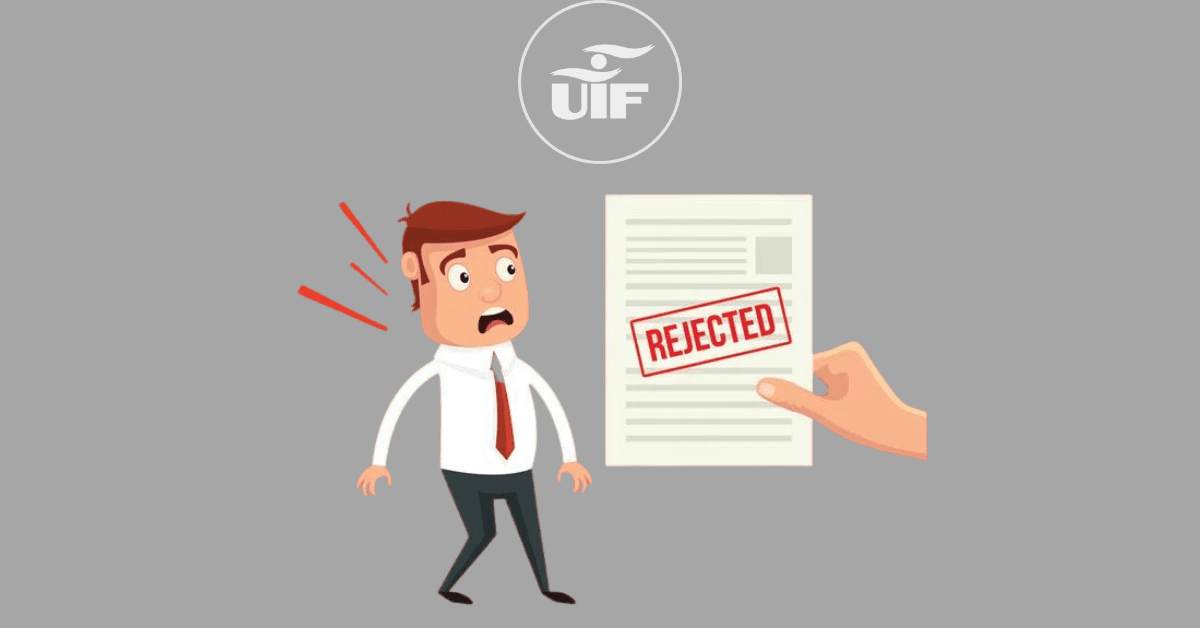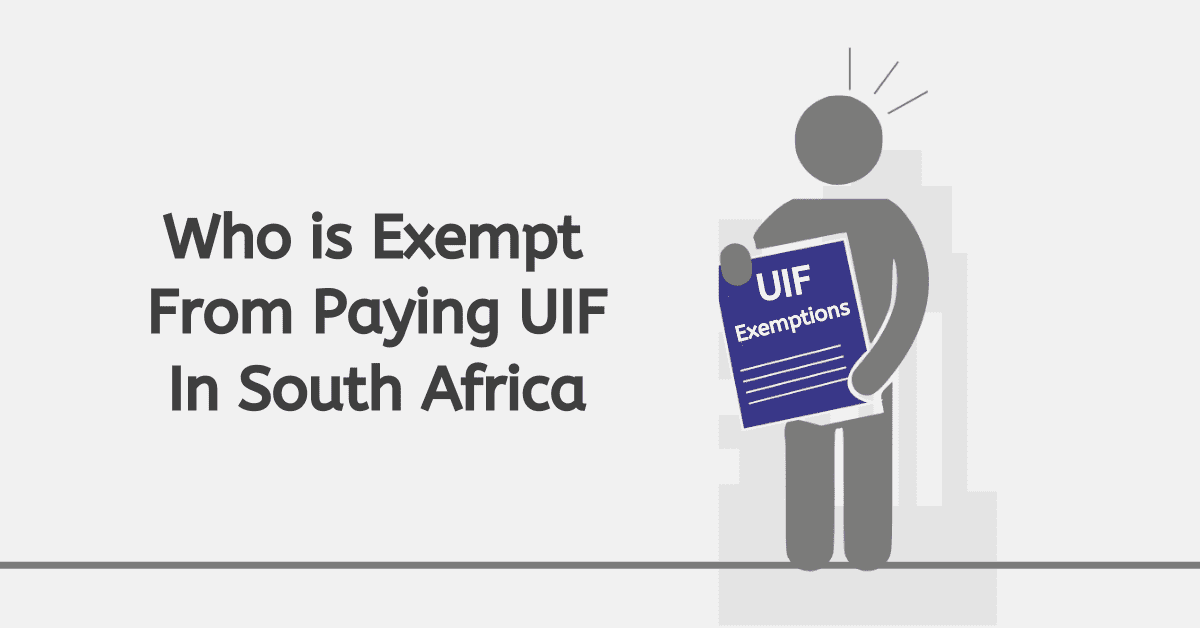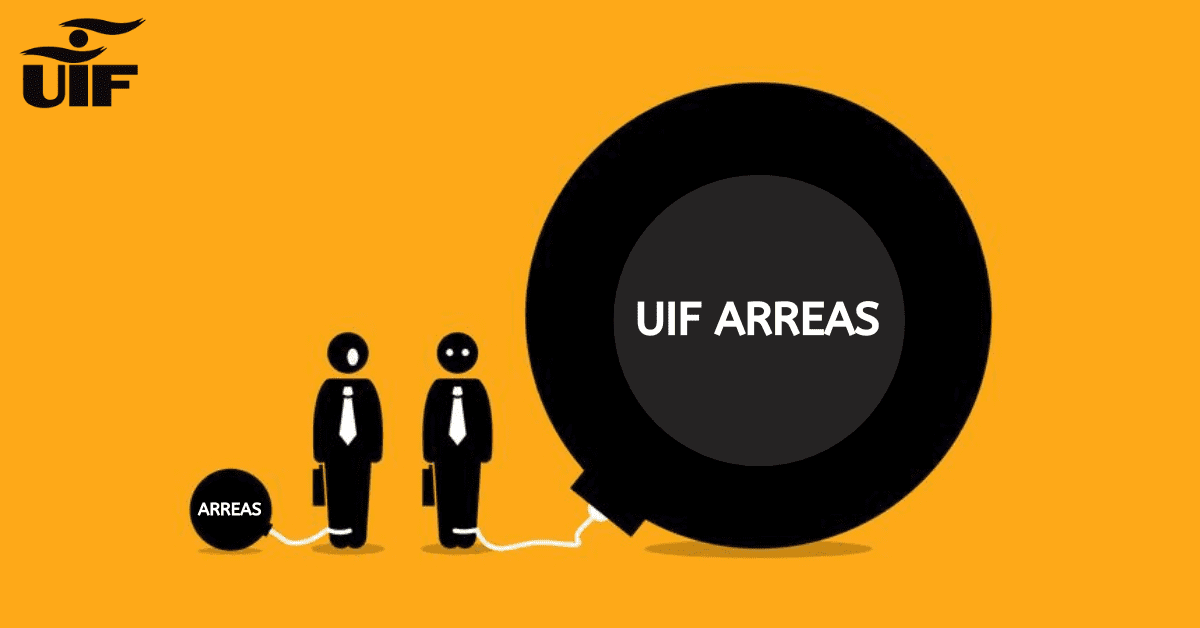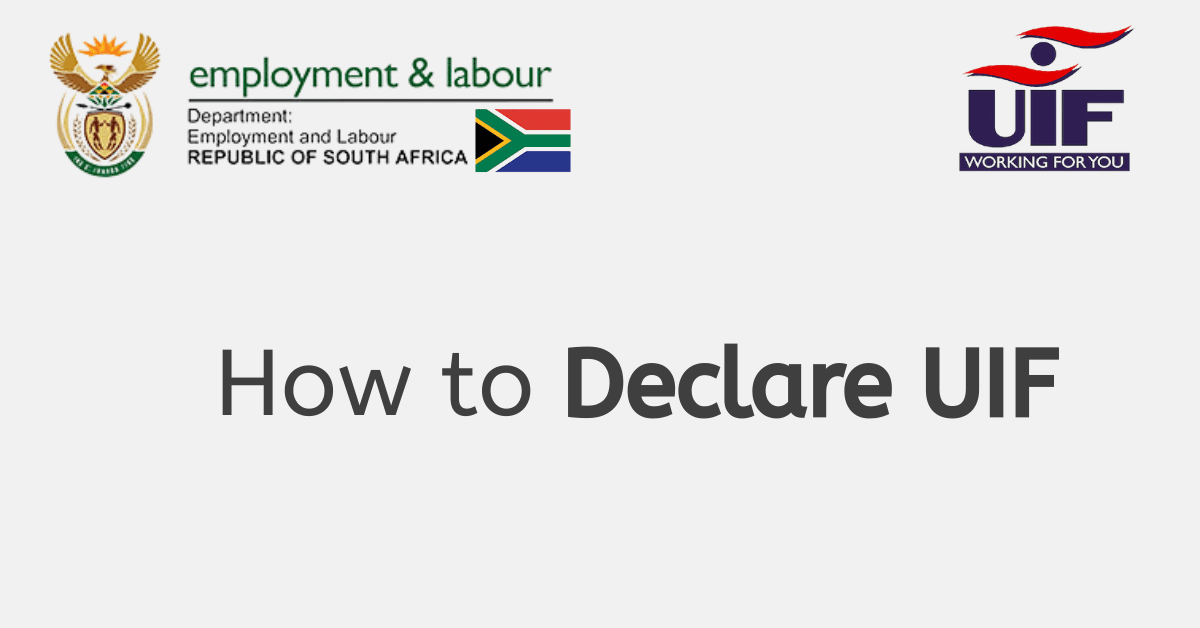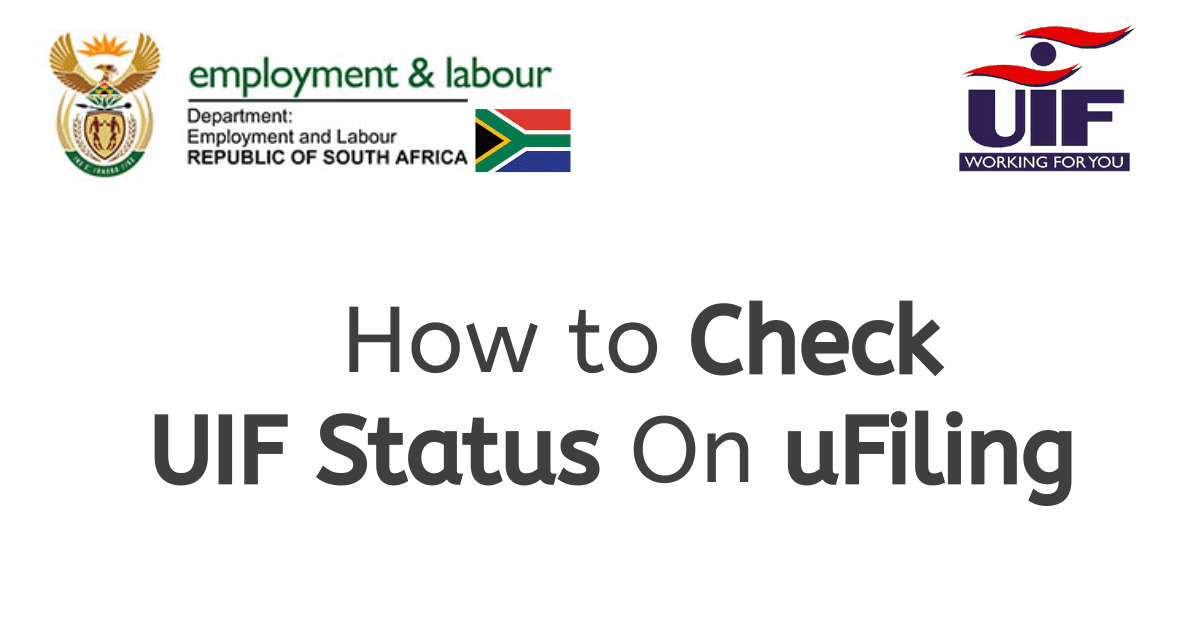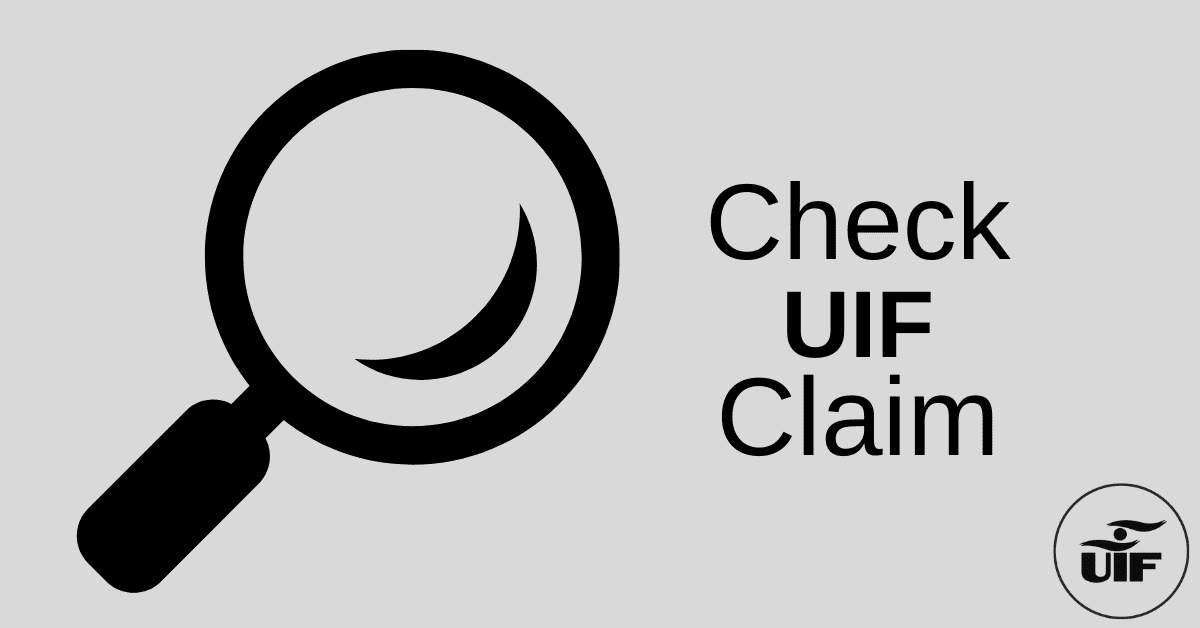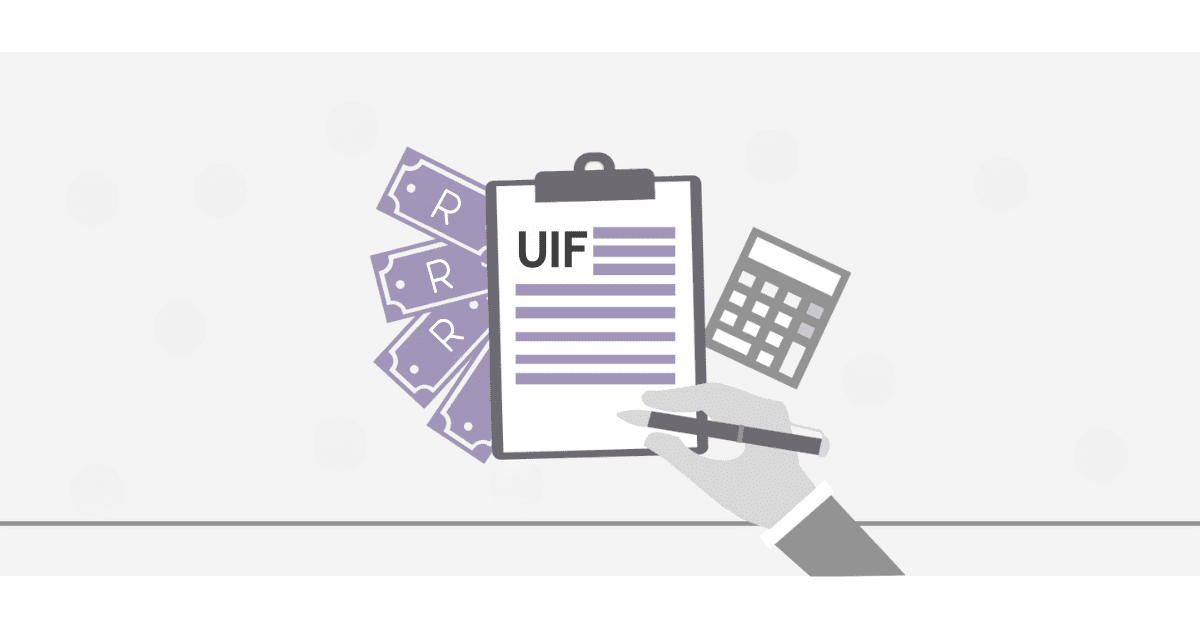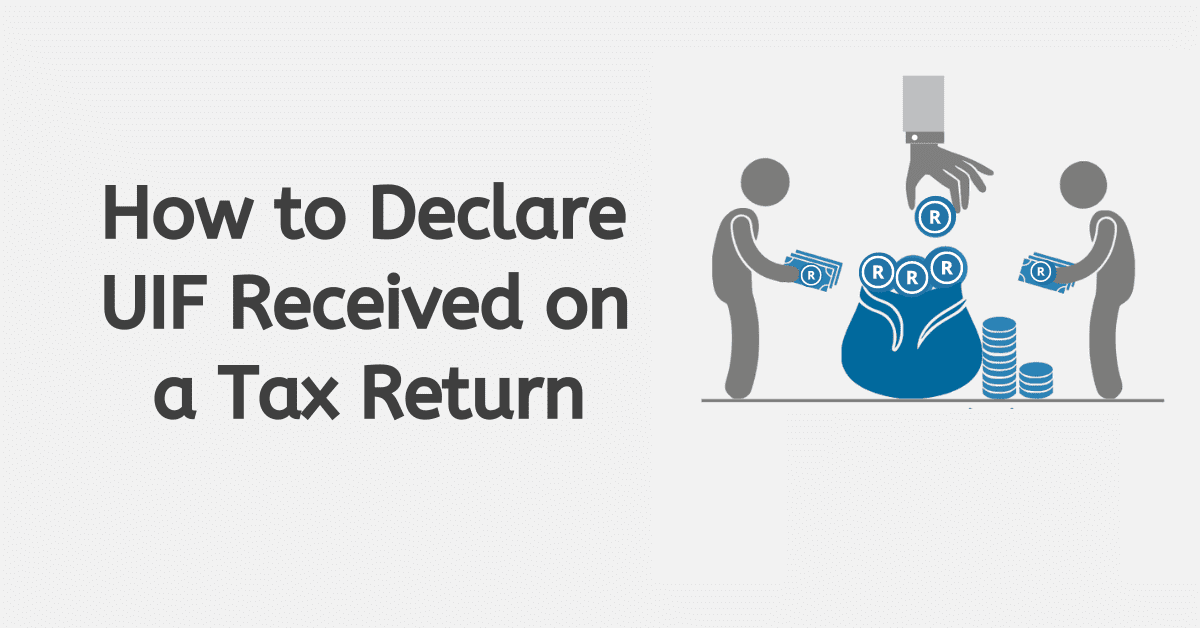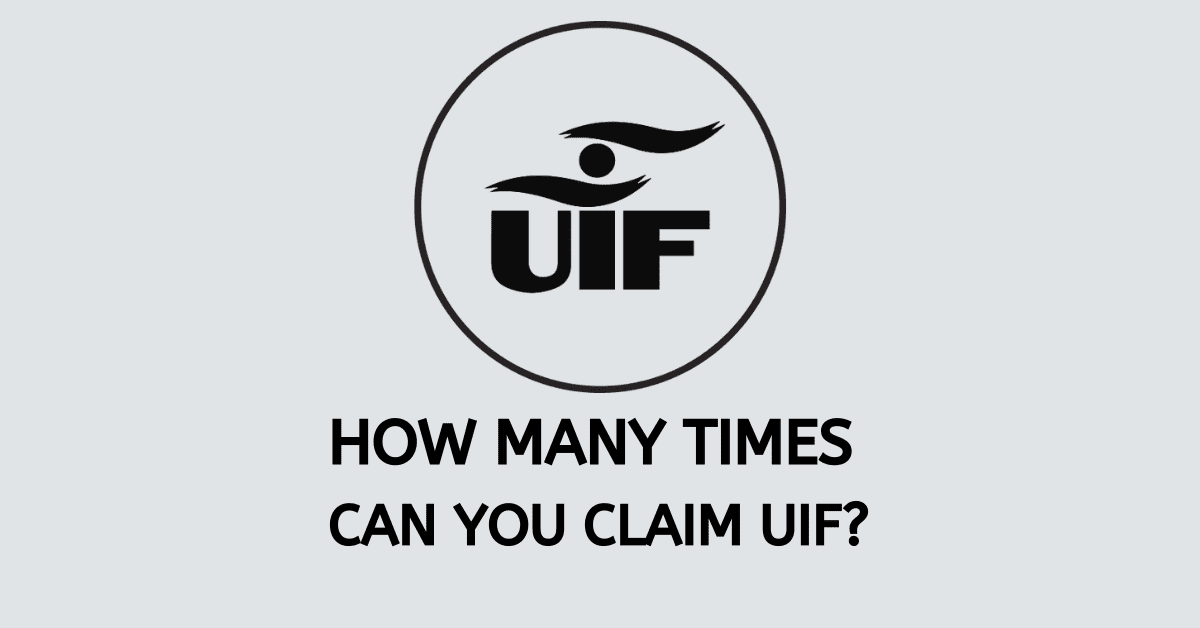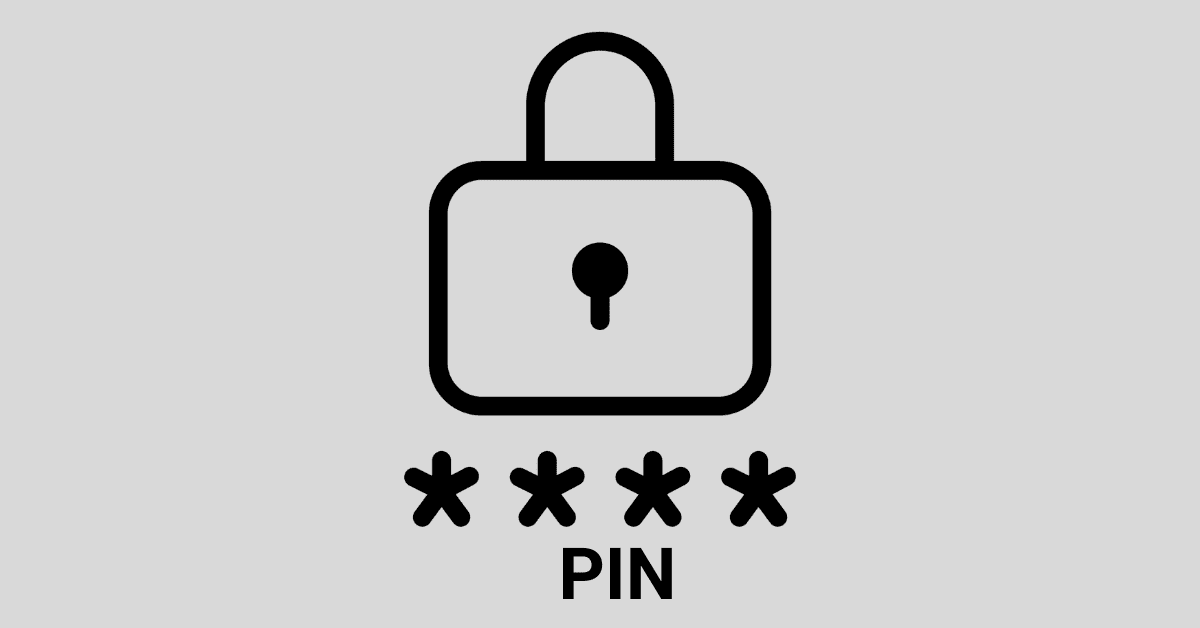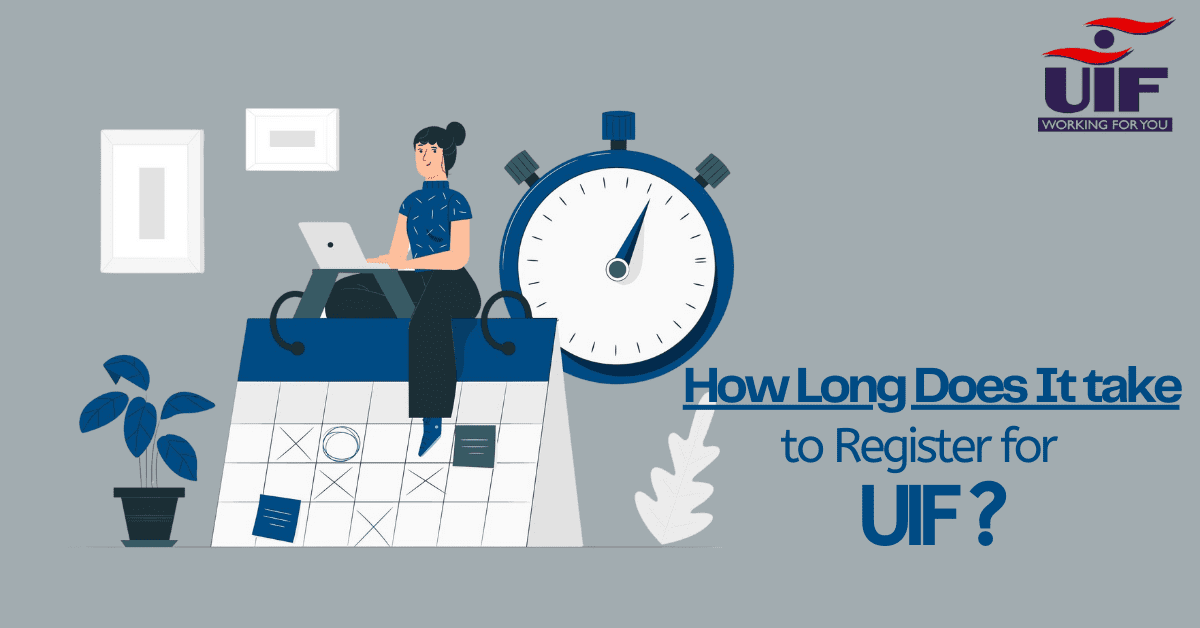Working individuals who work over a set number of hours with a single employer in South Africa are required to pay a portion of their earnings into the national Unemployment Insurance Fund, or UIF. This percentage is matched by a second contribution from your employer.
The UIF exists to offer short-term relief to people who have previously worked productively in event of a loss of income- think periods of unemployment, or the inability to work due to maternity, adoption/parental leave, and illness. Few people realize that the dependents of a deceased person who contributed to the UIF can also claim some monies back to assist them through the grieving period and cover the loss of that person’s income. Here’s everything you need to know about UIF deceased claims.
What happens to your UIF contribution when you die?
Obviously, the purpose of the UIF is to create a national fund to help distressed workers who have contributed to the fund. So you do not receive a deceased person’s UIF contributions back in full after death; they will remain part of the UIF. However, the dependents of such a person can make a UIF claim to receive some benefits to assist them through the loss of that worker’s income in the family.
Can you claim UIF for a deceased person?
If a contributor to the UIF dies, certain dependents can claim UIF benefits to assist them. They must be:
- The Spouse or Life Partner of the deceased
- The official guardian of the deceased
- If there is no spouse, dependant children under 21 can make a claim
Remember that you need to have been a dependent of the deceased in order to claim UIF death benefits from the fund. If you are already working yourself, you will not be able to place a UIF death benefit claim for the deceased.
What is needed to claim UIF for the deceased?
If you are a qualifying individual to receive a deceased worker’s UIF death benefits, you will need the following documents to make a claim:
- A copy of your South African ID
- A completed UF127 form (Available from the Labor Office)
- Copies of the deceased’s last 6 payslips (ask their employer)
- The information that was filed by the employer on the UIF UI-19 form (again, ask the employer)
- A service certificate from the employer confirming they were employed
- A certified copy of your (or the child’s) birth certificate
- Proof of banking details (obtainable from your bank)
- Proof of guardianship (where relevant, such as a court order)
- If you are a child of the deceased, you need proof that you were dependent on them- such as registration at a learning facility so you could not work yourself.
Take these to the Labour Office. Here you will receive Form UF128. This will need to be filled in by the late employer of the deceased. You will then also return this form to them.
If they should reject your claim, you do have means to appeal via the Regional Appeals Committee (RAC) and then the National Appeals Committee (NAC). This will be the final decision. Once a UIF death benefit claim is approved, it will take up to 4 working days to process, but the claims process itself can take a while.
Pro Tip: Always ask for the name of people who assist you at the Labor Office, as well as its location, so that you can resolve any issues you have with greater speed.
Does UIF money expire?
Yes, there is a limited time during which you can claim death benefits from the UIF. The act was amended in 2018. You only have 18 months after the deceased contributor passes to claim their UIF death benefits. Claiming UIF can be a complicated process at times, so despite your grief, it is a good idea to start this process as soon as possible after their death to ensure you don’t miss out on the money owed to you.
How long does UIF payout for deceased persons?
You will receive a UIF death benefit payout as one lump sum, after which you will receive nothing more from the fund. The amount you receive will be based on the amount the worker could have claimed during a period of unemployment. This means you will receive a year’s worth of the money they were entitled to claim monthly if they had become unemployed instead of passed away. To reiterate, there is no monthly payment for a UIF death benefit- you will receive a single lump sum payment.
While money cannot replace the loss of a loved one, knowing that you will receive some cash to help you through the difficult grieving period and the loss of their income in your family can help smooth the recovery process after their death.
